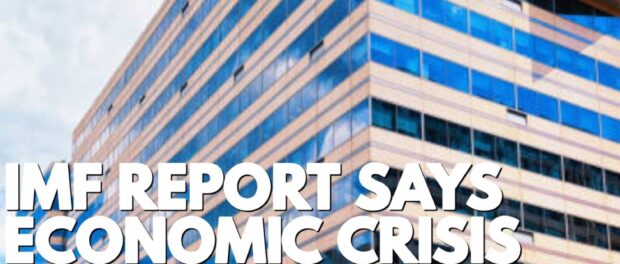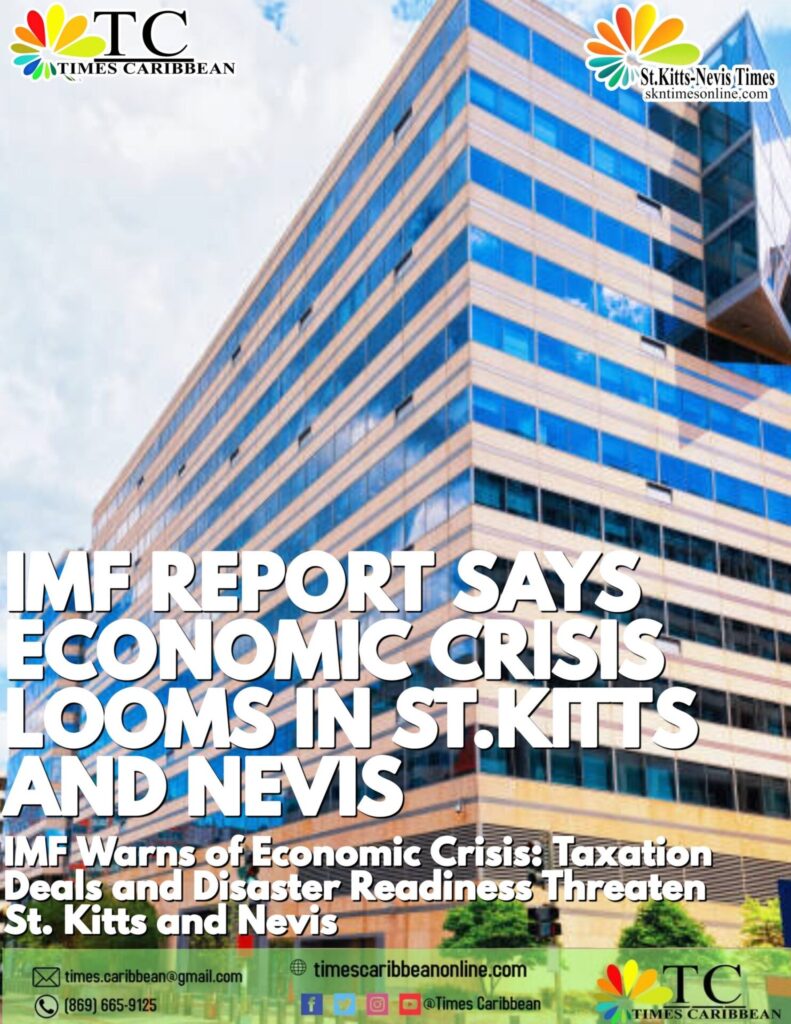IMF Report says Economic Storm Ahead: Taxation Agreements and Natural Disaster Preparedness Pose Major Challenges for St. Kitts and Nevis

St. Kitts and Nevis is bracing for tough economic challenges as the country navigates critical taxation agreements linked to large energy projects and struggles to bolster its preparedness for natural disasters (NDs).
Taxation agreements related to major energy projects such as geothermal development demand careful crafting to avoid long-term fiscal burdens. Poorly negotiated deals could lock the country into unfavorable financial arrangements for decades, jeopardizing public revenue streams and limiting the government’s ability to fund essential services.
Moreover, while plans to upgrade the power grid and introduce a renewable energy-powered desalination plant aim to boost ND resilience, the high upfront costs and slow project execution raise concerns about the timely delivery of these critical projects. The country’s persistent water supply issues risk worsening if these projects face further delays.
The Public Sector Investment Program (PSIP), which guides capital investments, remains disorganized and fragmented, with weak project execution and inaccurate fiscal forecasting hampering medium-term planning. Without significant improvements, public investment projects could drain resources without delivering promised benefits.
The multi-layered insurance framework intended to safeguard against NDs also appears inadequate, with insufficient fiscal buffers in place. While the government is urged to maintain current deposit levels, the country remains vulnerable to financial shocks without expanded insurance coverage or innovative instruments like catastrophe bonds.
As the nation faces mounting economic uncertainty, experts warn that without urgent reforms and greater transparency, the country could spiral into a fiscal crisis, leaving citizens to bear the brunt of policy missteps.

Leave a comment
You must be logged in to post a comment.